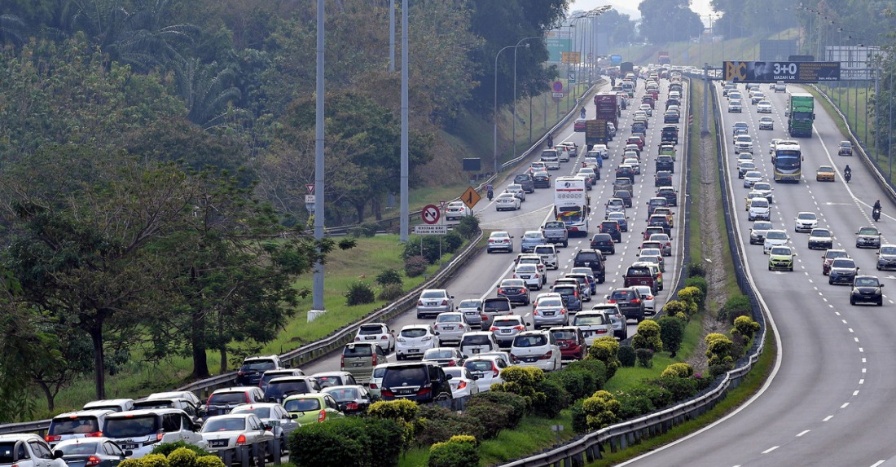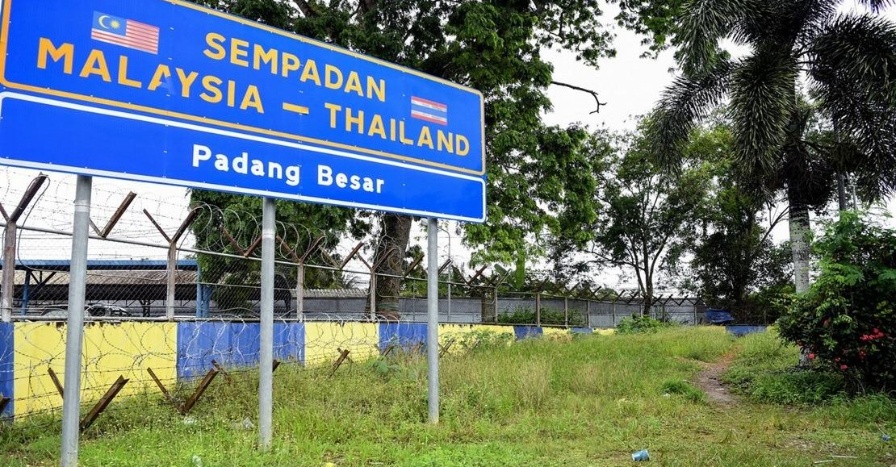KUALA LUMPUR, June 1 (Bernama) — Imposing charges on vehicles for entering or traveling within a congested zone in big cities is seen as among the best ways to reduce traffic congestion especially in the federal capital.
This is because congestion charges had long been implemented had long been implemented in major cities abroad including Singapore; London, United Kingdom; Stockholm, Sweden and Milan, Italy.
The long term measure can also help reduce travel times during peak hours and encourage people to use public transport, but are road users in Kuala Lumpur ready if it is implemented in the next 10 years after the public transportation network system is fully completed?
Universiti Teknologi Mara’s (UiTM) Malaysia Institute of Transport (MITRANDS) director Associate Professor Dr Harlina Suzana Jaafar said although it is more comfortable for individuals to drive their own car, society must be aware that the major cause leading to traffic congestion is the high number of private vehicles on the road.
She said certain measures such as widening roads only had a limited impact in solving traffic congestion as it would only contribute to the increase in the number of private vehicles on the road and worsen the situation.
Harlina Suzana suggested a low carbon zone be introduced and proper infrastructure be provided in city or housing areas for pedestrians, scooter and bicycle riders to walk and ride safely.
“Improvements should be made to achieve a balanced use of all modes of transportation.
“Although many are of the view that it is not suitable to be implemented in our country due to its hot weather, with creativity we can create a proper and comfortable infrastructure (for pedestrians, scooter and bicycle riders),” she said.
Transport Minister Datuk Seri Wee Ka Siong was previously reported as saying that the government might consider reviewing the fee structure for car park in the city after the Mass Rapid Transit (MRT) 3 project was completed
He said this included the need to impose an environmental fee or vehicle congestion charges when the public transport network system has been set up.
Sharing the same sentiment was Universiti Teknologi Malaysia (UTM) Faculty of Built Environment and Surveying senior lecturer Dr Safizahanin Mokhtar who suggested that a comprehensive study be conducted and a pilot project be implemented for the imposition of congestion charges in the country.
“For example in implementing the congestion charges in London, it took a 10-year detailed study including in terms of users’ movements from certain locations to another in several selected areas before the trial project was implemented,” she said.
In the meantime, Safizahanin said based on the 2018 Road Traffic Volume Malaysia (RTVM) report prepared by the Works Ministry, the quality of the main roads in the federal capital was between D (moderate) and F (fail) due to a high number of vehicles which also resulted in extreme traffic congestion.
She said this was supported by a report from The Asean Secretariat in 2017 that Malaysia had the second-highest private vehicle ownership at 896.7 vehicles for every 1,000 residents behind Brunei.
Sources: BERNAMA








